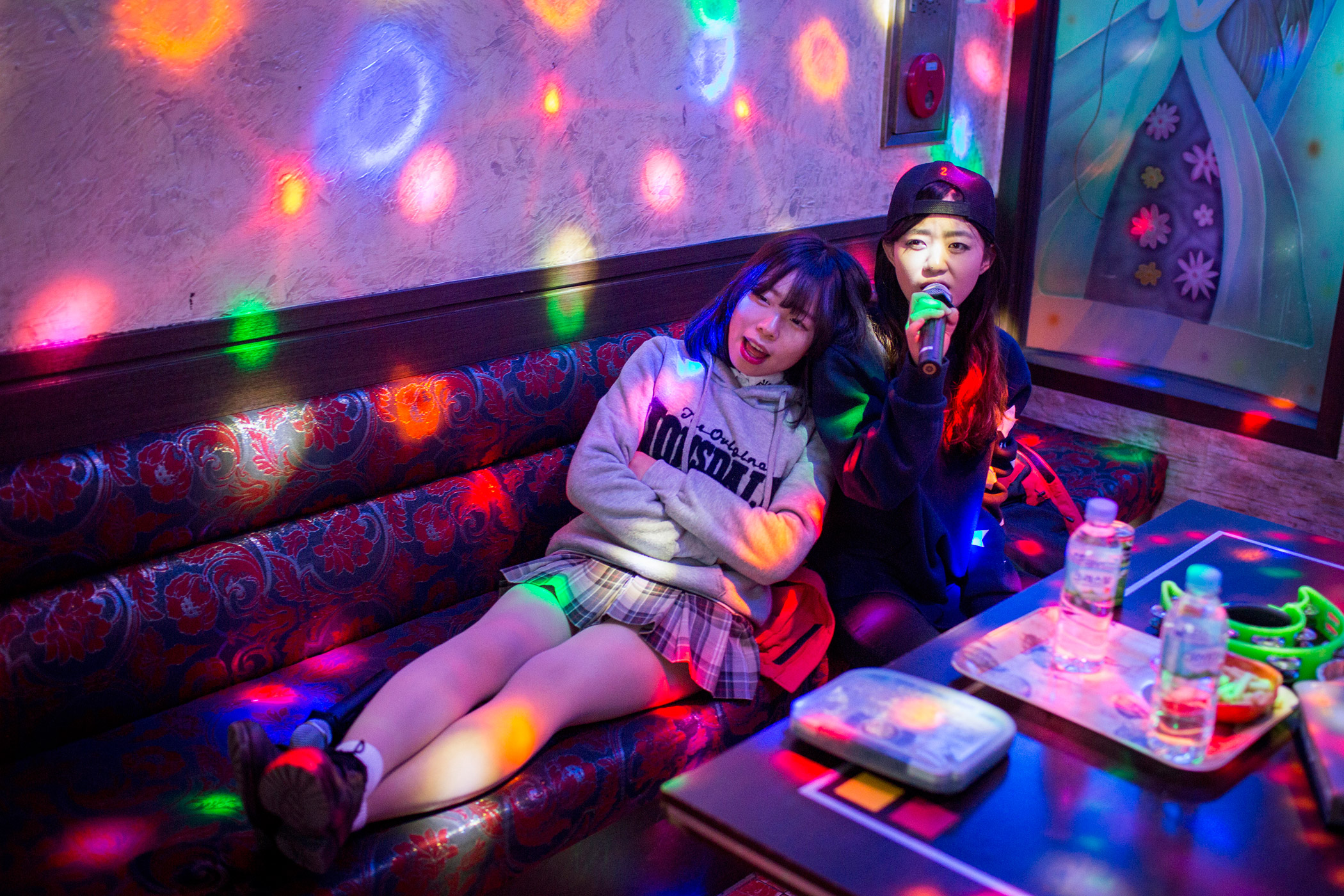
Kim Kyoung-ok still remembers chasing after the flyer balloons, alien care packages raining from the sky filled with Korean noodles and letters from children like her. She did not know yet that there could be a better life than the one she was born to in North Korea: an existence dictated by a depressed economy and a draconian political system. But as the years passed, her mother, Kim Tae-hee, had experienced a comparatively better quality of life in China where she was one of the approximately 50,000-60,000 North Koreans permitted to work abroad—an opportunity granted to citizens considered loyal to the regime.
Kyoung-ok was only 12 when her mother decided to make a dream of a better life a reality, fleeing with her youngest daughter to China. Now 21, Kyoung-ok detailed the treacherous journey of defecting from North Korea and re-settling in South Korea to photographer Caitlin O’Hara, who documented her life in Seoul last year.
It was 2007 and Beijing was preparing for the 2008 Olympic Games. Kyoung-ok told O’Hara that the crackdown on North Korean defectors had intensified ahead of the games, with China repatriating those suspected of attempting an escape to South Korea.
“There were such inhumane conditions [in China] that my mother decided we should leave for South Korea,” Kyoung-ok told O’Hara.
She and her mother were forced into hiding, living in Chinese caves before traveling through Vietnam and Cambodia with the assistance of a paid broker. The pair sought asylum at a Cambodian Christian church before arriving in South Korea in 2008.
Kyoung-ok is among a community of at least 27,000 North Korean refugees living in South Korea. And while border control has been tightened since Kim Jong-un came to power, hundreds of North Koreans continue to risk their lives by defecting, reportedly to escape their country’s poverty and stringent political system.
Kyoung-ok has adjusted well to her life in the South, O’Hara says, and has developed a close friendship with Sarah, a fellow refugee she met at resettlement camp and who asked not to share her last name. “Their bond was special,” O’Hara says, also recounting her own relationship formed with the young women during her several-months stay in the country. “In South Korean language, you address older people by older family members’ titles. So, when they started calling me Older Sister, that was really wonderful.”
O’Hara grew close to her subject, watching movies during sleepovers and sharing stories about life in Midwest America. “Sometimes they were Korean movies or American movies and it was fun. We shared parts of our culture.” They would meet halfway in communication, fusing O’Hara’s bit of Korean and Kyoung-ok’s English with phones as a stopgap.
The relationships built in her new home have proven vital to Kyoung-ok, who has lived on her own in Seoul to attend school since age 13, while her mother, a music teacher, worked in the southern part of the country. “Sarah and Kyoung-ok rely on each other a lot, just as many in the refugee community do because they could relate to each other about their homes and the things that they have to go through in Seoul,” O’Hara says.
Kyoung-ok also shares a similar bond with her boyfriend, an adopted Jamaican-American man who studies in South Korea, as they learn to navigate a new world together. She beams to O’Hara that she believes she may be the first North Korean woman to date an American boy.
“I am just inspired by her bravery, she’s a phenomenal person,” says O’Hara, who hopes to continue telling this story, which was made possible with the support of the IU School of Journalism’s Ross Hazeltine Scholarship last year.
Still, people like Kyoung-ok and Sarah live somewhat cautiously in their new home. “There are still agents in South Korea from North Korea who try to locate people who have defected,” says O’Hara.
Others, like Kyoung-ok’s older sister who disappeared in 2004 while in China with a friend, have not made the journey so successfully. The friend was confirmed executed. A United Nations Commission of Inquiry investigation in 2013 reported punishments ranging from imprisonment and execution to various forms of torture including starvation upon China’s forcible return of the refugees, or repatriation, reports the Brooking Institute.
O’Hara, for one, would like to see attention focused on the people themselves, to dispel “misconceptions that all North Koreans are either brainwashed or very aggressive people. That’s not been the case of all of the wonderful people that I’ve met.”
Caitlin O’Hara is a freelance documentary photography based in Phoenix. Follow her on Twitter and Instagram @Caitlin_OH
Jun Michael Park, who translated interviews for O’Hara, is a visual storyteller based in Seoul. Follow him on Instagram @junmichaelpark
Chelsea Matiash is TIME’s deputy multimedia editor. Follow her on Twitter and Instagram @cmatiash.
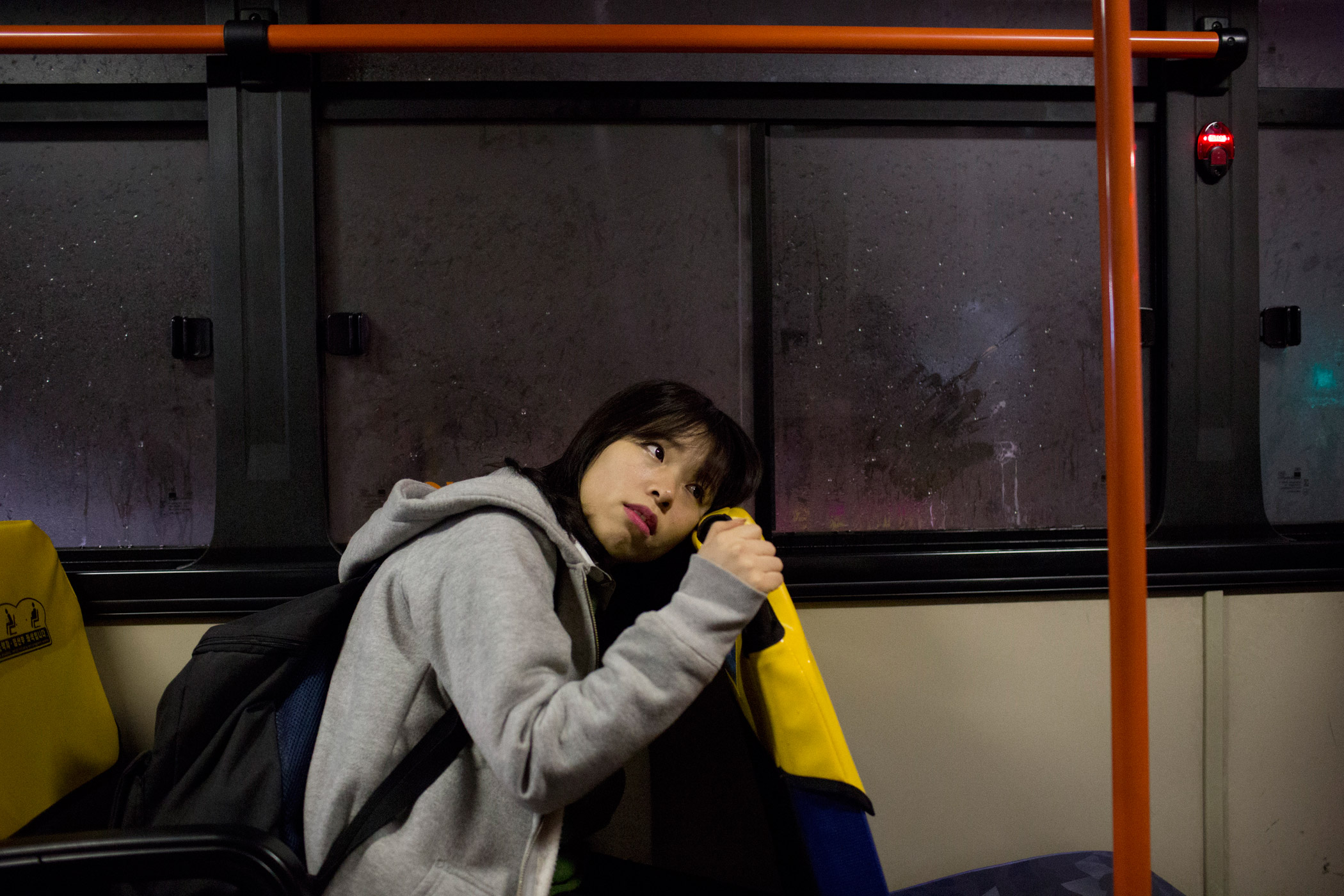
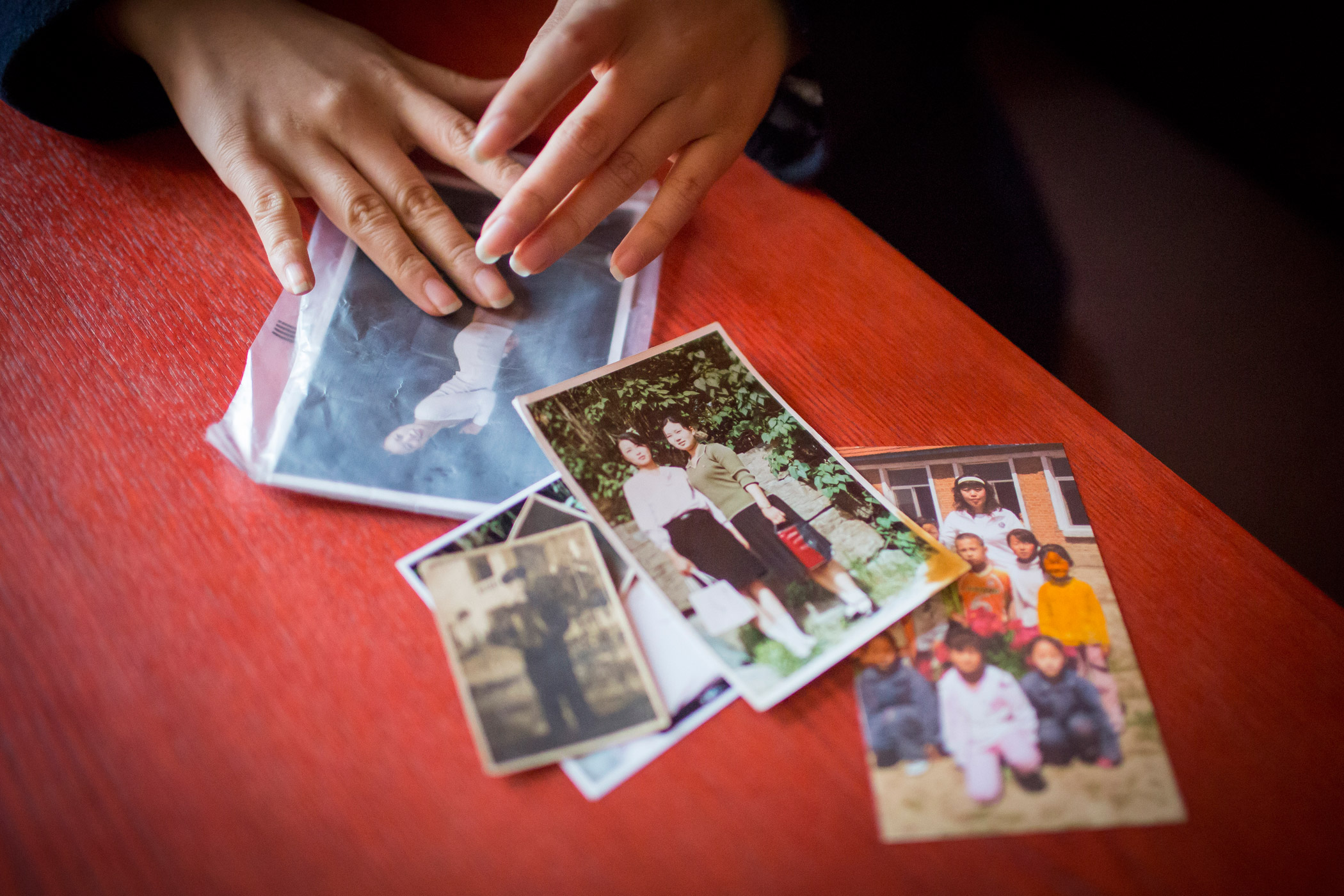
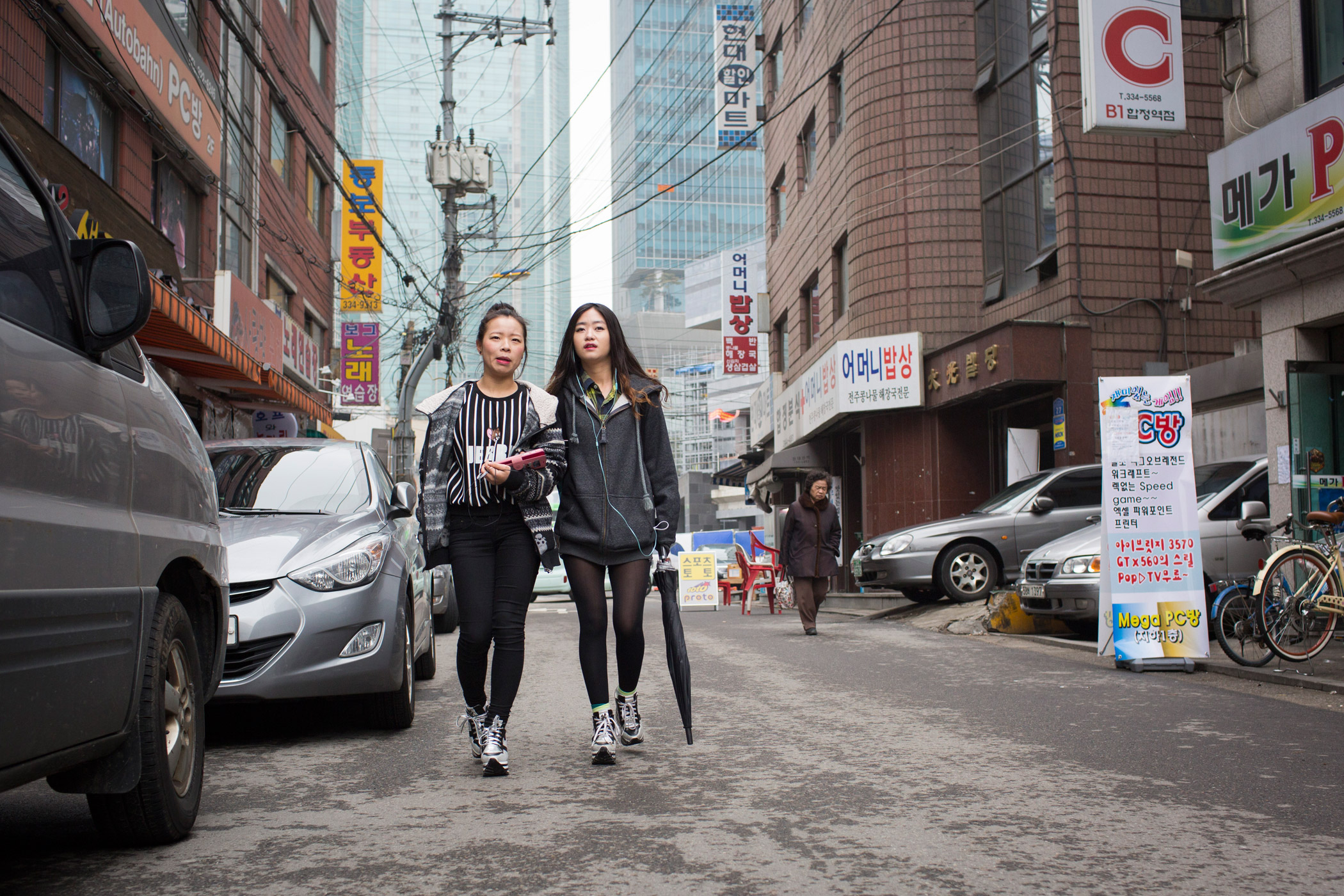
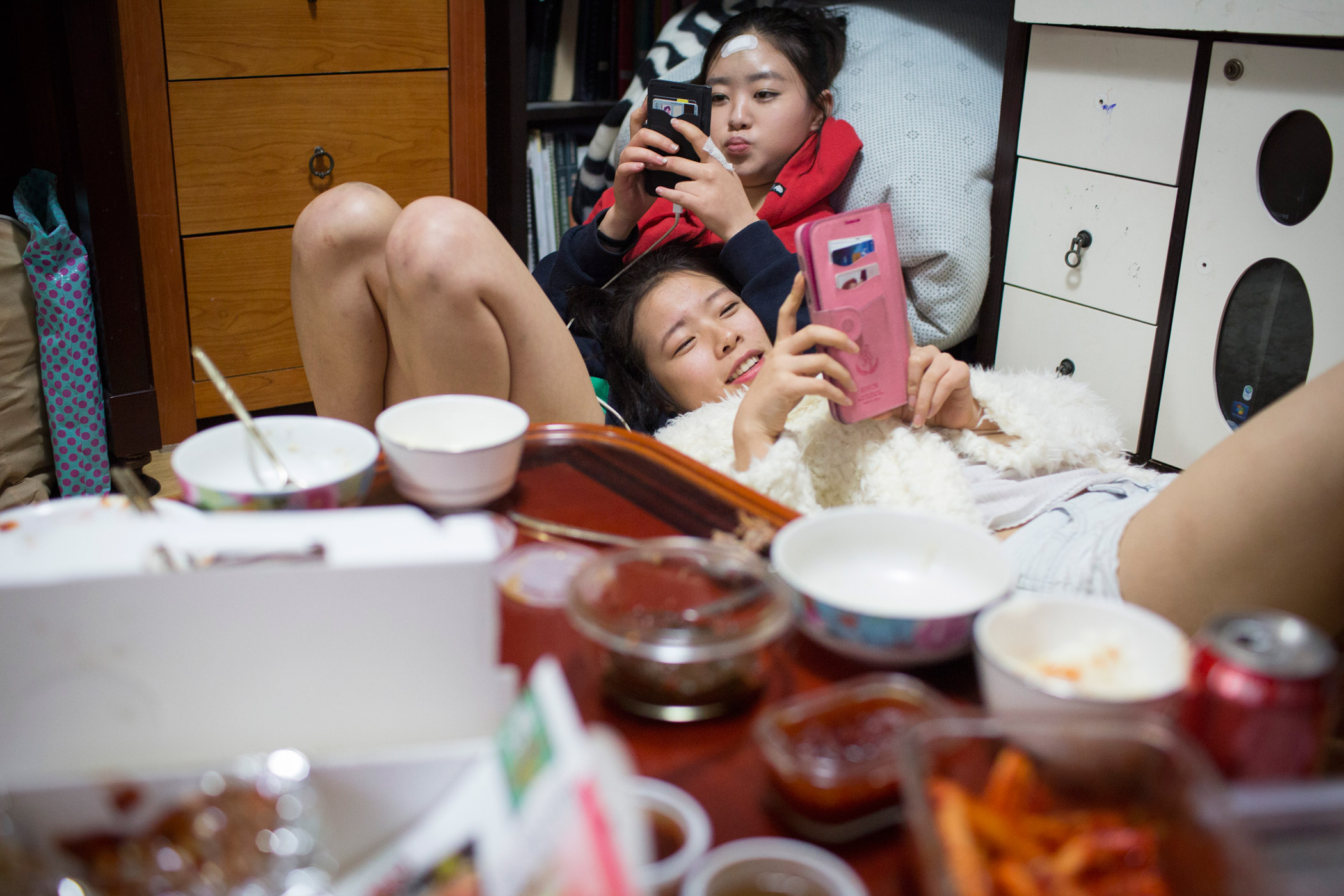
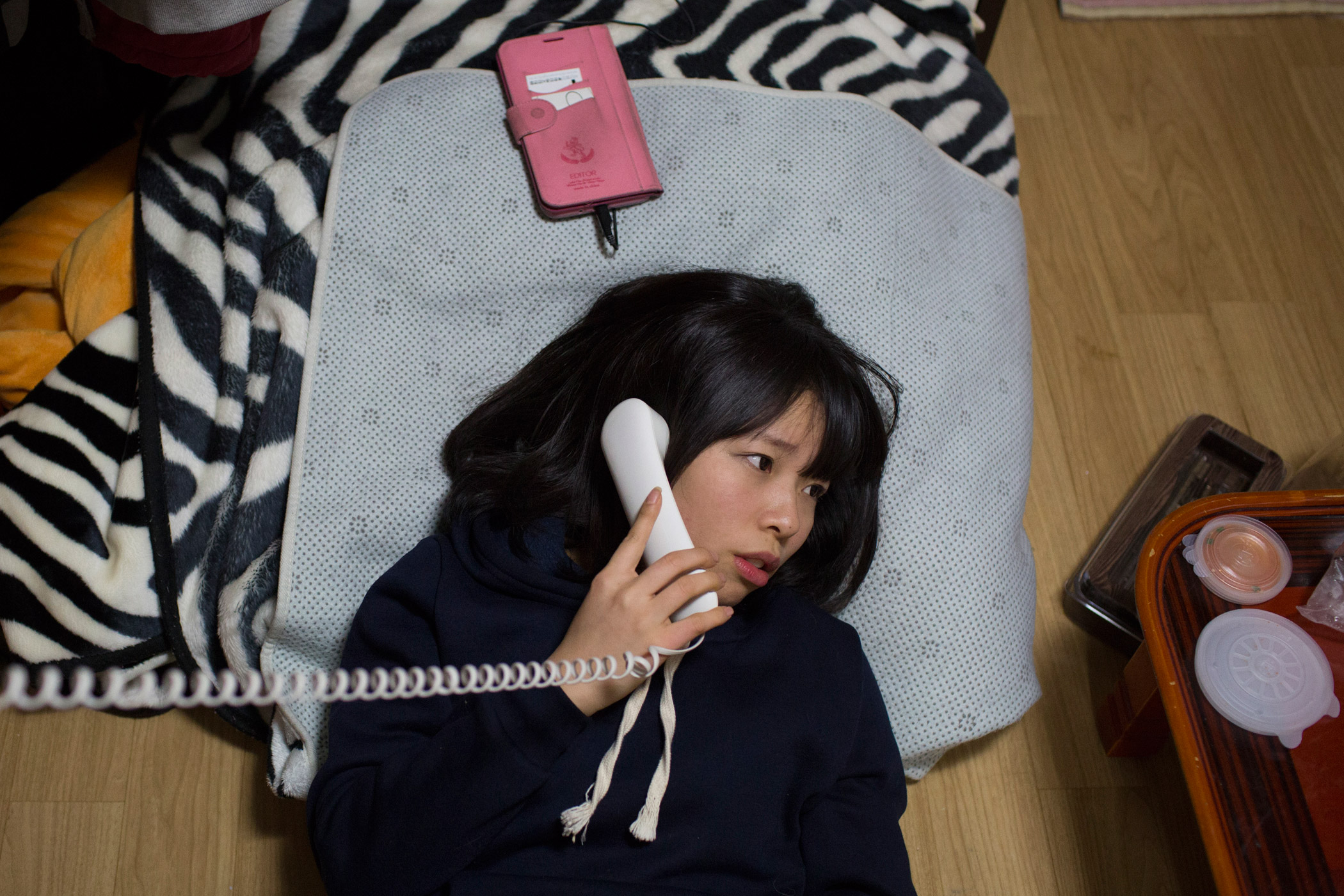
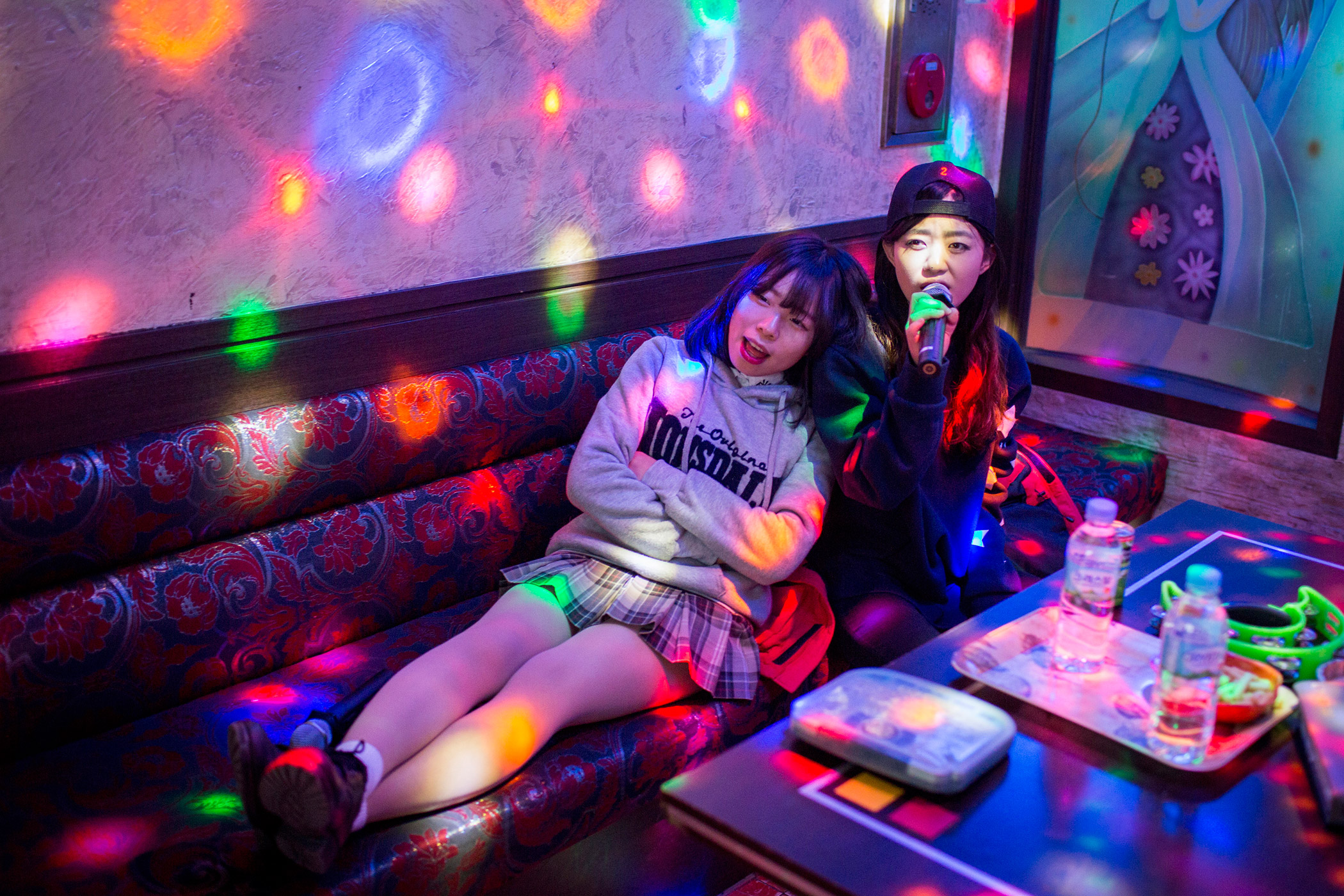
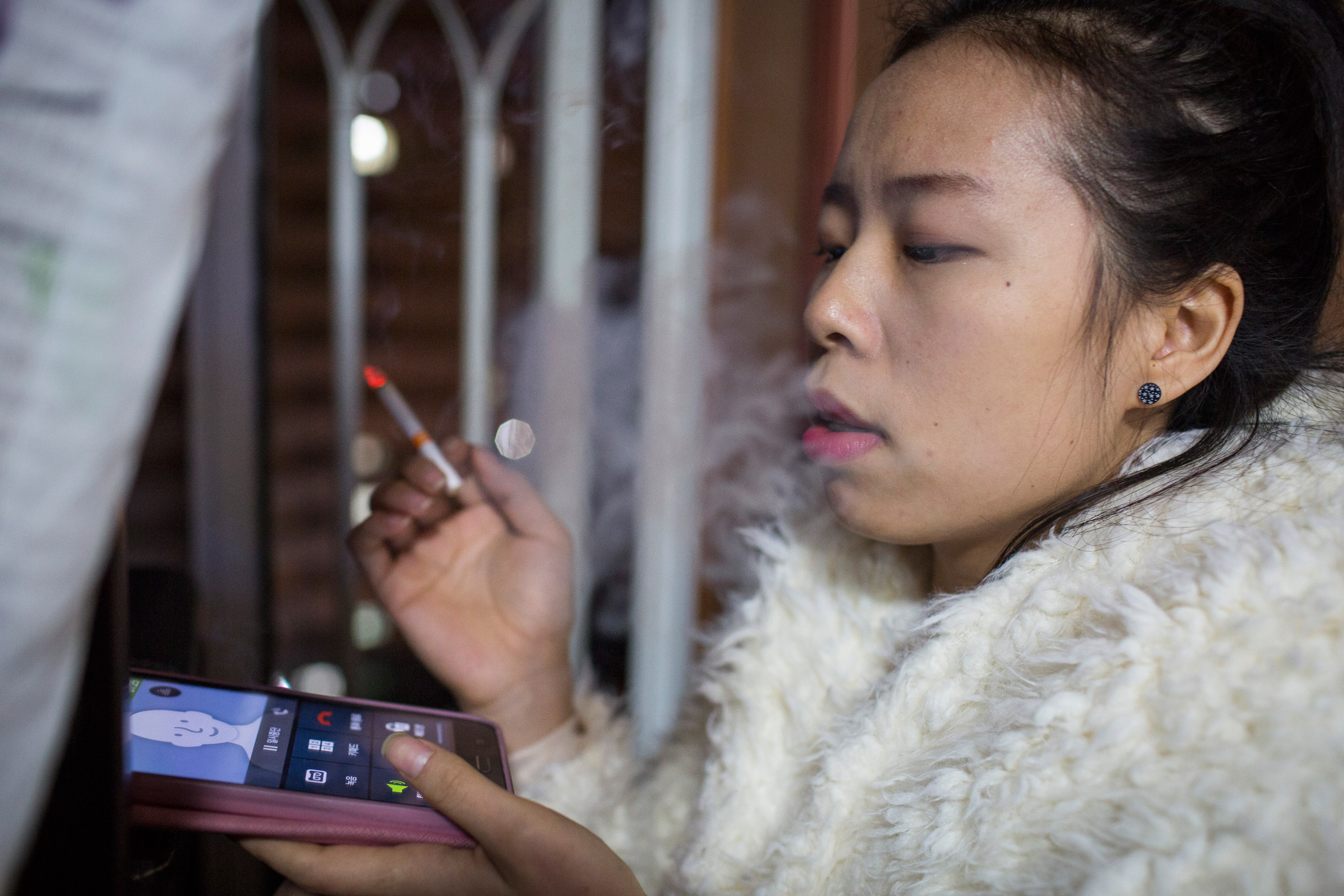
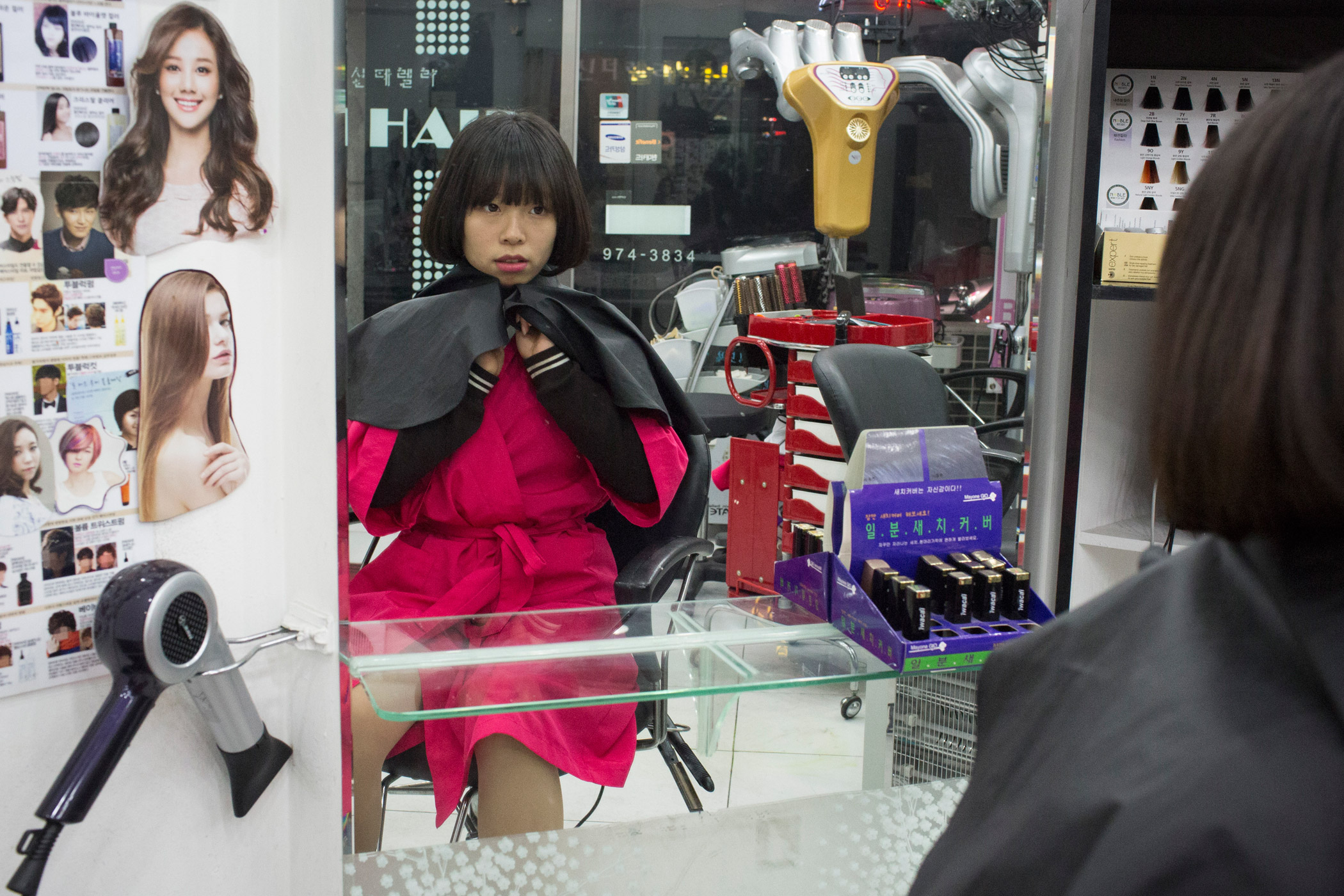
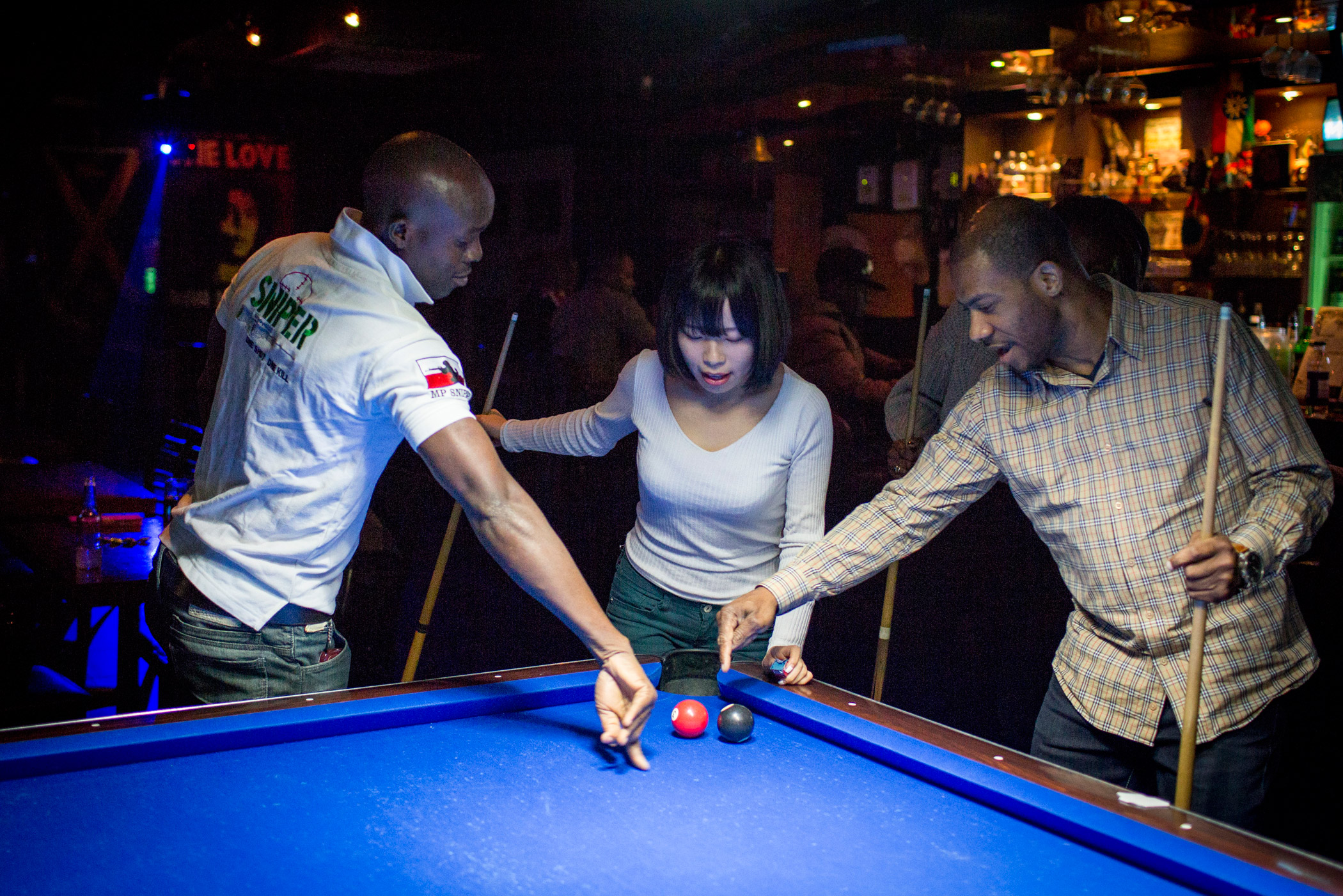
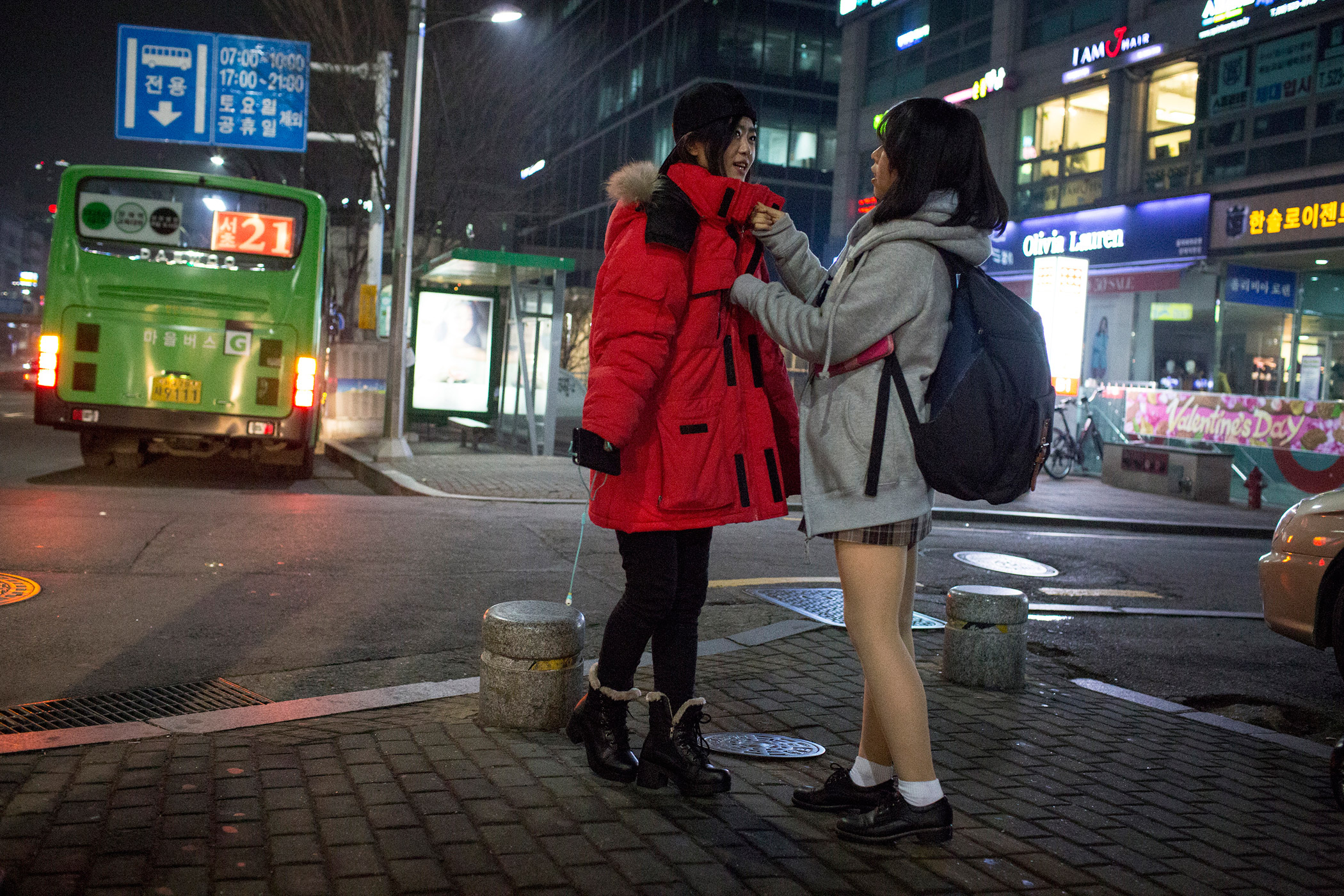
More Must-Reads from TIME
- Cybersecurity Experts Are Sounding the Alarm on DOGE
- Meet the 2025 Women of the Year
- The Harsh Truth About Disability Inclusion
- Why Do More Young Adults Have Cancer?
- Colman Domingo Leads With Radical Love
- How to Get Better at Doing Things Alone
- Michelle Zauner Stares Down the Darkness
Contact us at letters@time.com